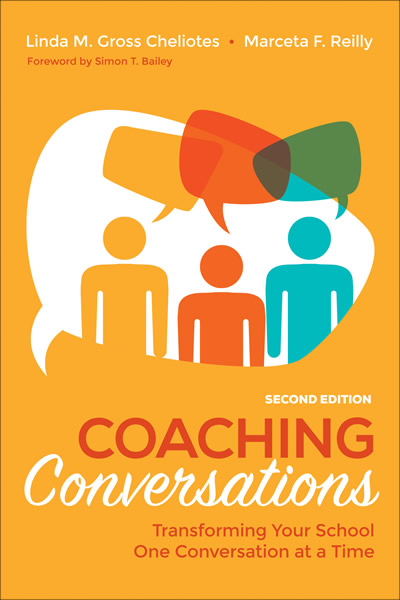By Marceta Reilly, PCC, and Diana Williams, PCC
“Coaching has been the BEST professional experience I have ever had!!” say our clients as they look back over their work year. And then they go on to describe all the marvelous things that have occurred for them personally and professionally as a result of their coaching.
What makes this magic happen? Why does it result in real personal and professional growth in our clients? How can 21st century leaders use this skill to become even more effective in their work?
We believe coaching gets these rave reviews because it delivers a job-embedded, just-in-time, relevant, and individualized learning experience to clients. Coaching is consistent with the tenets of professional development as advanced by The National Staff Development Council which frames high quality professional development as consisting of context, process, and content components.
Leaders who are “coach-like” in their behaviors focus on co-creating relationships based on trust and being fully present with their colleagues and direct-reports. These leaders-as-coaches become very clear about their purposes and authentic in their intentions. By modeling co-creation, they set the context for high quality professional learning and create a unique space for building the capacity of individuals with whom they work.
The process of coaching occurs through effective communication. Leaders-as-coaches focus their energy on listening intently to clearly understand others. They use powerful questions to mediate the thinking of the people with whom they work. They paraphrase and offer reflective feedback that stimulates thinking and solution-generation. Rather than giving answers, offering advice, or telling stories about their own experiences, leaders-as-coaches push the thinking of others to devise their own best ideas.
The content of coaching is the “what-do-you-talk-about” that facilitates learning and results. Leaders-As-Coaches help others create awareness about their purposes and intentions to change. They assist thinking as others design actions and plan specific change steps. They ensure that progress is monitored and accountability is embedded in the design. Through these coach-like behaviors they foster and support significant and positive changes in their workplaces.
Put together in the coaching experience, the parts (context, process, and content) become greater than the whole; they become a synergistic model of high quality professional learning. This coaching model provides time and space for leaders to create new ideas, gain insight, and attain extraordinary personal growth not only for themselves but for those that they supervise. It is truly a necessary skill for the 21st century leader.
Marceta Reilly and Diana Williams are Professional Certified Coaches (PCCs) have been coaching for more than fourteen years. They are passionate about developing leaders who have competence, confidence, and courage to lead in the 21st century.









Comments on this entry are closed.